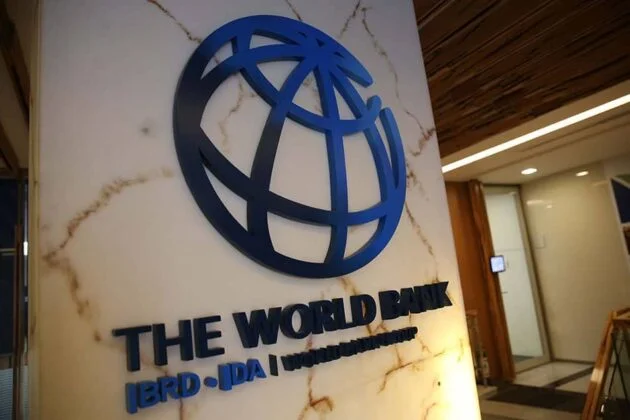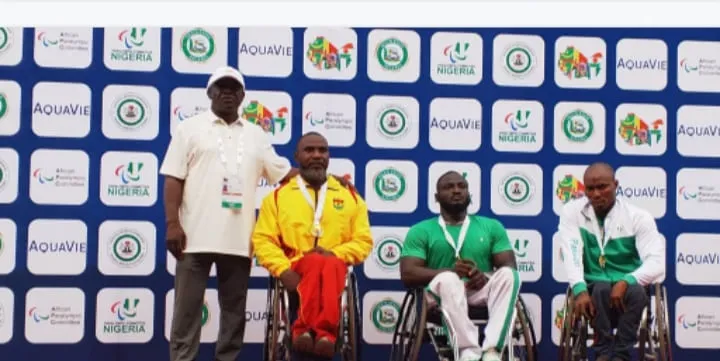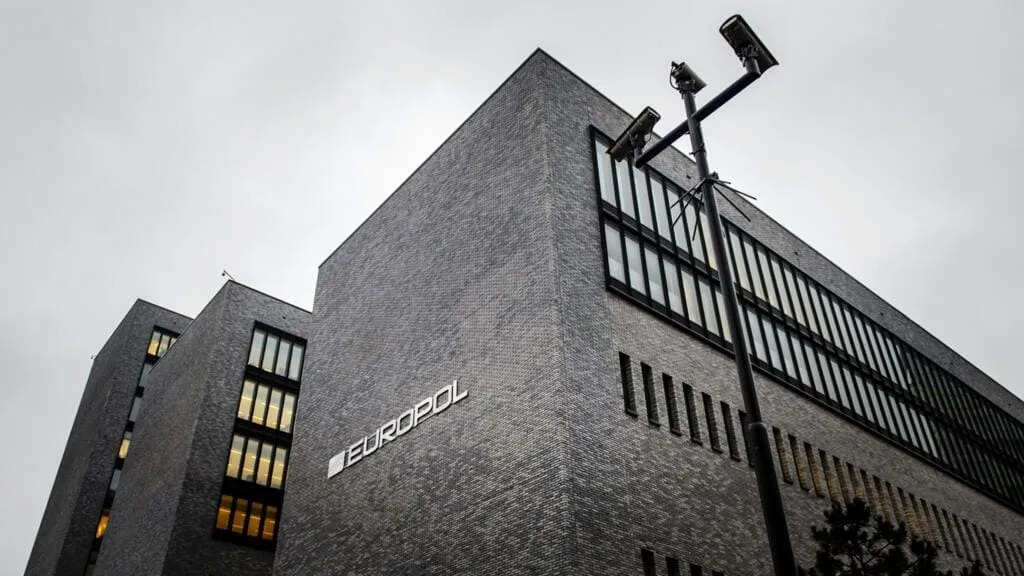The Federal Government has confirmed the deployment of the World Bank’s new blockchain-based FundsChain system in Nigeria. This initiative is part of fresh reforms designed to significantly tighten the management of donor-funded projects and curb financial leakages.
Strengthening Transparency with Blockchain
Ogunjimi described FundsChain as a“ground-breaking blockchain-based platform.” Its primary function is to enhance transparency, accountability, and efficiency in the management of development project funds. Six projects will be onboarded in the initial phase of deployment.
The AGF stated that the overall reforms are designed to strengthen accountability in project execution and ensure donor resources are utilized effectively. He emphasized that transparency is the foundation upon which trust is built, ensuring effective resource use and achieving development objectives.
To formalize these changes, the Financial Management Manual developed by the AGF’s office will now serve as the official guide for handling all financial transactions in World Bank-supported projects. Ogunjimi urged all project coordinators and financial management units to fully adopt the manual to improve performance and sustain favorable ratings with the World Bank.
Reforms Target Staffing and Loan Management
The AGF also announced a new agreement with the World Bank focused on preventing disruptive staff changes. This measure prohibits the removal of project financial management staff within six months of a project’s closure. The goal is to reduce undocumented advances and loans that lapse without being repaid.
Ogunjimi stressed that continuity is essential. He insisted that new officers should work alongside outgoing managers for at least three months to ensure a smooth transition and avoid implementation disruptions.
Ongoing collaboration with the World Bank is already yielding substantial results. The joint effort has reduced outstanding lapsed loans from $18 million to $7 million, representing a 61 percent drop. Furthermore, the reforms have produced a 15 percent reduction in undocumented advances.
Ogunjimi urged project coordinators to prioritize proper documentation, refund lapsed loans, and strictly comply with World Bank agreements. He confirmed that letters regarding outstanding lapses will continue to be issued to affected projects.
World Bank Commends Nigeria’s Commitment
The World Bank’s Country Director, Mr. Mathew Verghis, commended the AGF’s office for the financial reforms. He called for sustained support to ensure the long-term viability and success of the development projects.
The World Bank remains Nigeria’s largest multilateral creditor, holding a dominant share of the country’s external obligations. As of June 30, 2025, the World Bank Group accounted for $19.39 billion of Nigeria’s external debt, reinforcing its critical role in funding the nation’s development agenda.
UN Chief from Sudan: Darfur “Horror Show”–Send More Aid Workers Now























